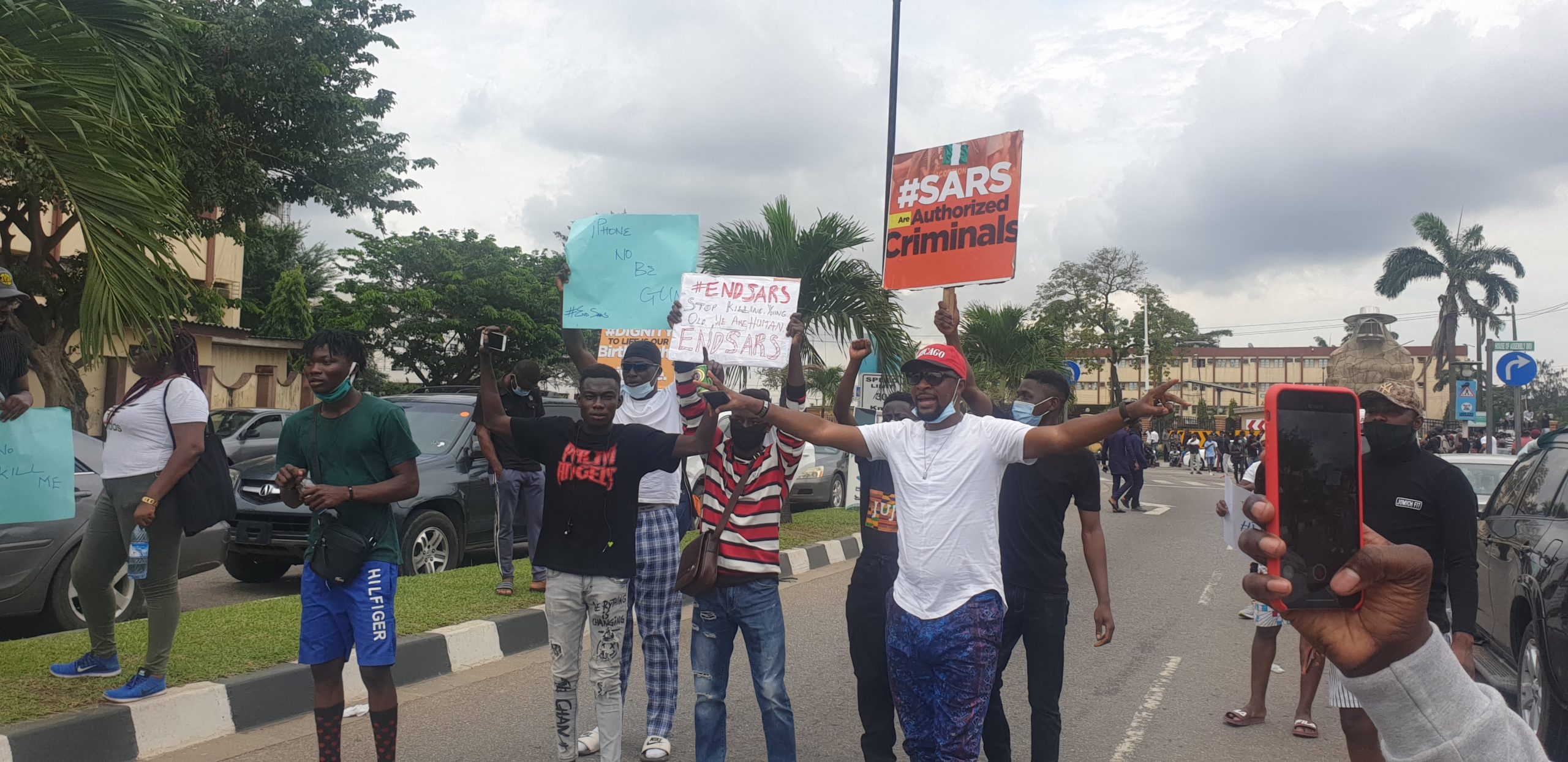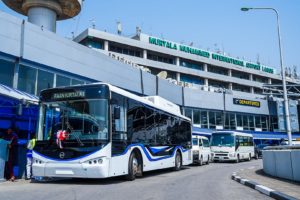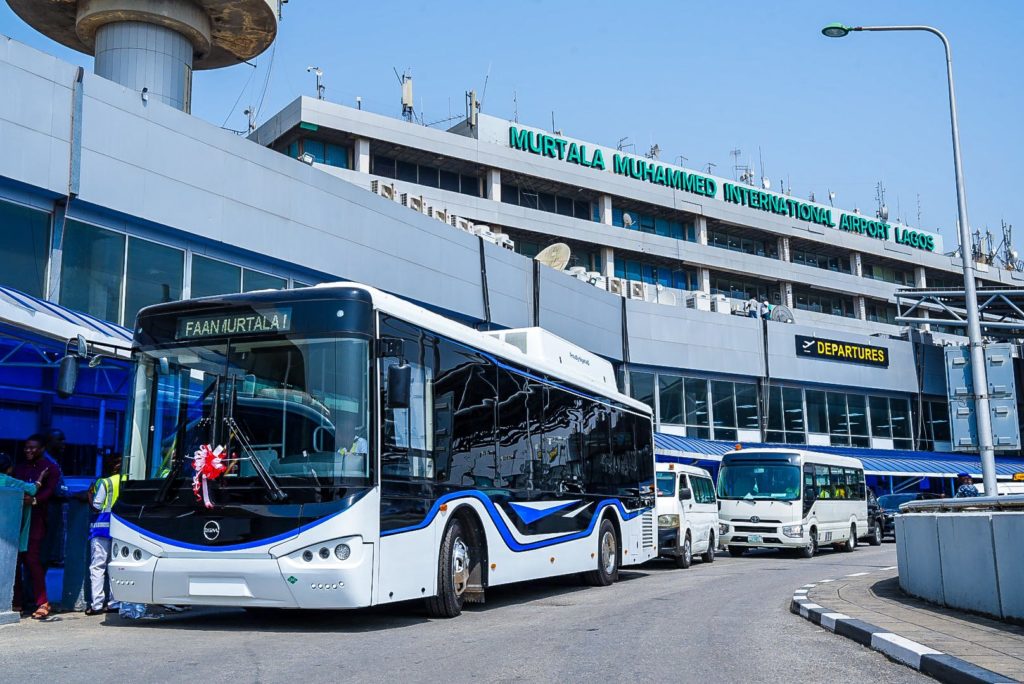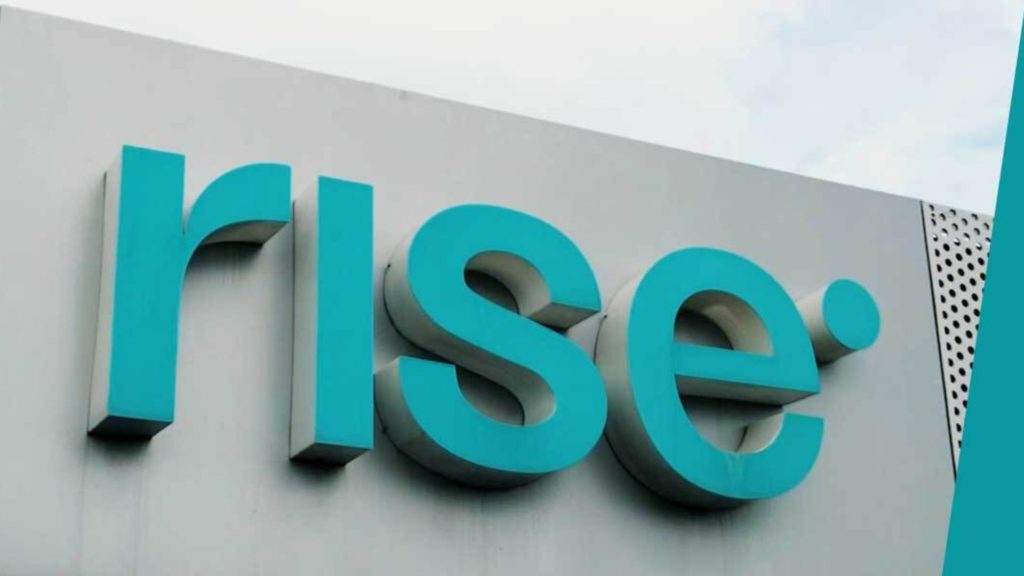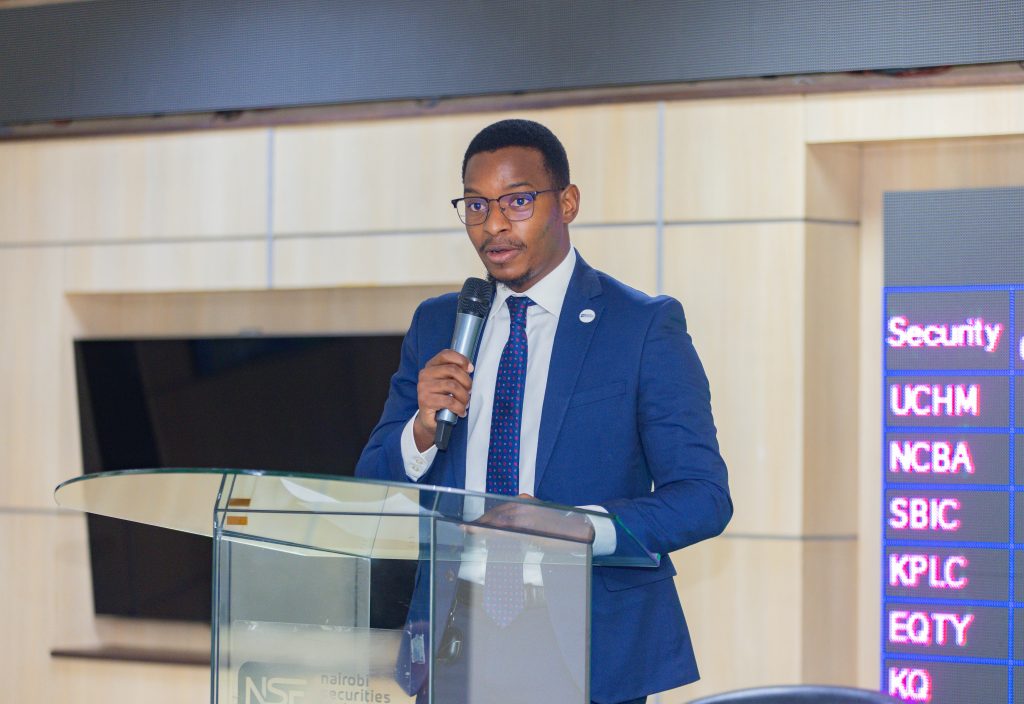In Lagos, hundreds of protesters are at the State House of Assembly to ask for an end to the notorious Special Anti-Robbery Squad (SARS).
At the Lagos state government House of Assembly in Alausa, Ikeja, Nigeria’s commercial capital, some protesters have been here for two days.
“They switched off the light yesterday, they think they can chase us,” one protester tells me.”
“I’ll be here for as long as it takes,” he adds.

All the protesters I spoke to share the same sentiments.
There’s a lot of energy and anger at the system, and it feels poetic with the old protest songs of Afrobeats Legend, Fela, playing in the background.
A small crowd has walked here from Agege, some thirty minutes from the House of Assembly.
“What do we want?” someone with a megaphone shouts.
“End SARS now!” is the loud response.
All of that anger, which we’ve documented at TechCabal here and here is directed at the Special Anti-Robbery Squad (SARS), a Nigerian Police Force unit under the Force Criminal Investigation and Intelligence Department, originally tasked with fighting crime.
Instead, the unit has become a menace to Nigerians, and has earned a reputation for harassment and extrajudicial killing.
Why has it taken this long for protests to happen?
The #EndSARS hashtag took off on Twitter and in the four years since it was first used, it has generated a trail that is chilling.
While most of that anger has been online, it is starting to spillover to the streets of Lagos, Nigeria.
There are many issues around policing in Nigeria. Restructuring, state policing and reforms are the heart of the conversations.
But before police reforms and the many complex legislative issues to solve, Nigerians are asking first that the government disband SARS.
Government vs the people: an impasse
The Police Public Relations Officer, Frank Mba responded to some of the comments on social media this morning. He was emphatic in saying that SARS will not be disbanded.
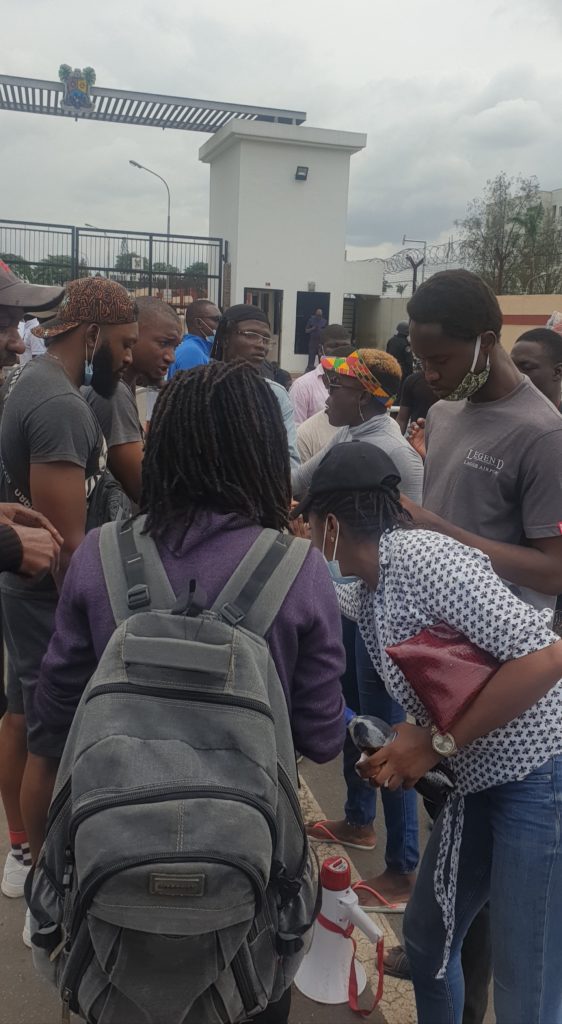
In a sense, it strengthened the solve of protesters. More than four people told me they are willing to be here for as long as it takes.
“I slept here yesterday, on the ground. This is personal to me,” another protester with dreadlocks tells me. He says that he has had many run ins with SARS because of his hair.
To be clear, this isn’t Nigeria’s first protest in the last decade, but there’s a reason people are this invested. Most protests in Nigeria are thought to be politically motivated or sponsored by one faction at the other.
Today’s protests are different in that there’s a sense that it is organic. It was organised almost solely on social media, starting first as a trickle and finding a buy in from more popular figures.
What is the TechCabal angle?
“What’s our angle for this story?”
It was one of the first questions in our newsroom on Friday morning. In the end, editorial judgment was clear: we have a moral obligation to report on a unit that has affected thousands of young people in Nigeria.
For young people in Nigeria, the story is the same. Police officers profile young people who have laptops or sport dreadlocks or tattoos. The thinking within the police force seems to be that having a laptop makes you a fraudster.
That sort of thinking makes for a lot of unpleasant run-ins with the police for many of Nigeria’s tech workers.
To be clear, it is a problem that affects many people.
It is why the pervasive feeling within the protesters is that Lagos state’s plan to pass a resolution asking the federal government to water down the extent of SARS authority within the state is too little, too late.
The kind of response protesters want is the kind that leaves no wiggle room for misinterpretation. They want an end to SARS and they want it now.









